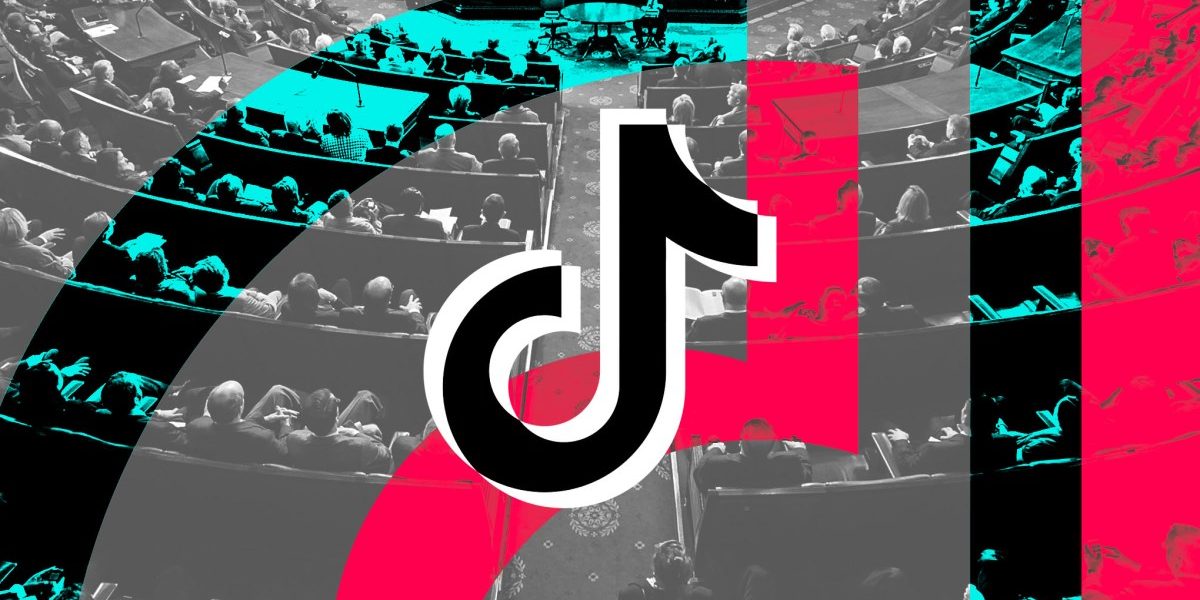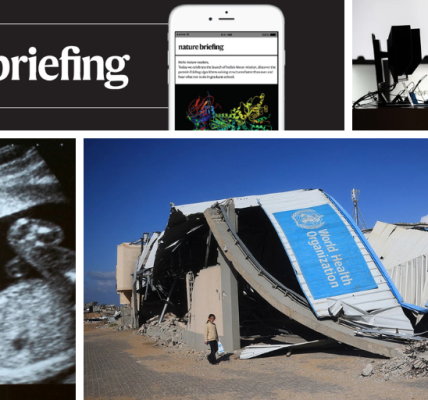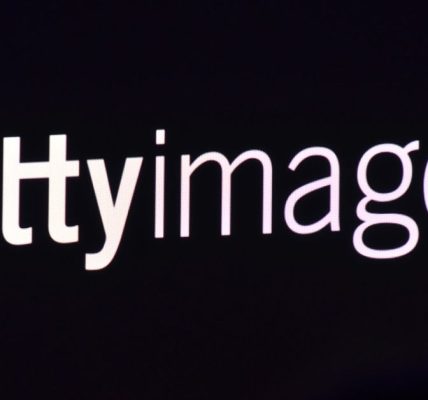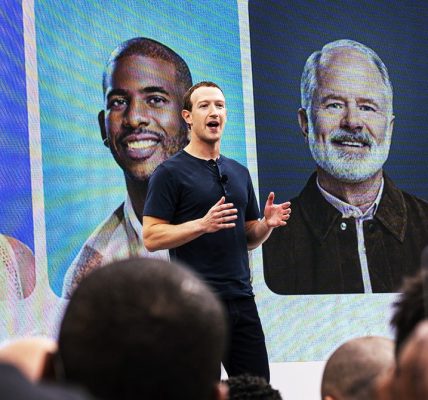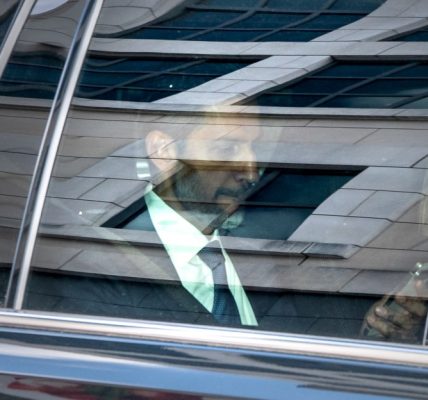What is the status of the TikTok app? A statement by Markey on a possible resolution of Trump’s “unprecedented” extension
A few Senate Democrats, including Ed Markey (D-MA), recently warned Trump that another extension would only introduce more legal uncertainty, and some expressed doubt that some of the reported deal scenarios could even resolve the app’s legal concerns. In a statement after Trump’s second extension, Markey says while he’d like to see the deadline pushed, “Trump’s unilateral extension is illegal and forces tech companies to once again decide between risking ruinous legal liability or taking TikTok offline.” He called the move “unfair to those companies and unfair to TikTok’s users and creators.” Instead, Trump should go through Congress to pass Markey’s bill to the extend the deadline, he says.
He said the administration hopes to “continue working in Good Faith with China, who I understand are not very happy about our Reciprocal Tariffs,” referring to the 34 percent levy on Chinese imports Trump announced this week.
The Friday reprieve provides TikTok with a bit of breathing room in what has been a bumpy year. A federal law took effect in January that legally banned the service nationwide unless it split away from ByteDance, the Beijing tech giant that owns the viral video app, which it did not.
On Inauguration Day, Trump signed an executive order effectively pushing back the start of the ban by 75 days, and promising immunity for other tech companies that provide back end services for the app, such as Apple and Google, which host it in their web stores. On April 5 was when the extension was supposed to end.
Legal experts say Trump’s delays do not halt the TikTok ban, meaning it is still technically illegal for TikTok to operate in the U.S. with ties to China. Yet moves by Trump and his administration assuring TikTok and its service providers that U.S. authorities will not prosecute anyone under the law have been enough for the popular app to stay online despite operating in violation of a federal statute.
ByteDance has been in discussion with the U.S. Government regarding a potential solution for TikTok U.S. An agreement has not been executed. There are lots of things to be resolved. Any agreement will be subject to approval under Chinese law.
TikTok Insiders told NPR that the approval of the Chinese government was a major sticking point, with any sale blessing from Beijinghing on China getting some sort of relief from tariffs.
Reply to Trump’s Delay to Protect American Intellectual Property from Foreign Adversarial Applications Act with a Comeback of TikTok
He is a policy reporter at The Verge, covering Capitol Hill and Silicon Valley. She spent 5 years covering tech policy at CNBC, writing about antitrust, privacy, and content moderation reform.
Trump’s executive order told the Department of Justice and the Attorney General not to enforce or impose penalties on any entities that do not comply with the Act. But with the law still on the books after the Supreme Court declined to delay it and with the risk of billions of dollars in penalties, the app took nearly a month to return to US app stores before they were apparently satisfied by the AG’s assurances.
The Speaker of the House, as well as the head of the Energy and Commerce Committee and three other Republican members, all said that a deal must end China’s ability to surveil and potentially manipulate the American people through this app.
In a phone interview, the vice chair of the Intelligence Committee was critical of something. Warner said the thing is a sham if the algorithms stay in Beijing’s hands. “And close to 80 percent of Republicans knew this was a national security threat — will they find their voice now?”
Lawmakers insisted that it was a pressing national security threat when they passed the Protect Americans from Foreign Adversary Applications Act, which was upheld by the Supreme Court in January. TikTok has long denied that the Chinese government could access US user data or put its thumb on the scales of the recommendation feed through ByteDance, but many lawmakers have consistently doubted that defense.
Technology companies are forced to decide between taking TikTok offline and risks of legal liability, because of Trump’s extension.
Rep. Ro Khanna (D-CA), a member of the China Committee who’s criticized the law and warned it will harm free expression and creators’ livelihoods, also wants to see a solution go through Congress, but is seeking a full repeal of the law. Still, he called Trump’s delay a “good step.”
The new statements from China Committee and E&C Republicans appear to be the first coordinated moves to put a firm line in the sand on the topic. Trump has been urged to comply in writings or statements by some Republicans who are in favor of the law. In an op-ed, Moolenaar said that an adequate deal should break ties with byteDance, after reports that Trump was considering a deal withoracle that would leave some ties intact. Josh Hawley told reporters earlier this week that he would advise the president against any deal that wouldn’t comply with the statute. If he isn’t able to sell the company in a way that complies, Trump should ban TikTok. This middle way, I don’t think is viable.”
Warner believes that the Biden administration should have been more aggressive in beginning negotiations when it came to keeping the TikTok app in the US. He remains concerned that TikTok’s ownership structure could allow a foreign adversary government to influence young Americans.
